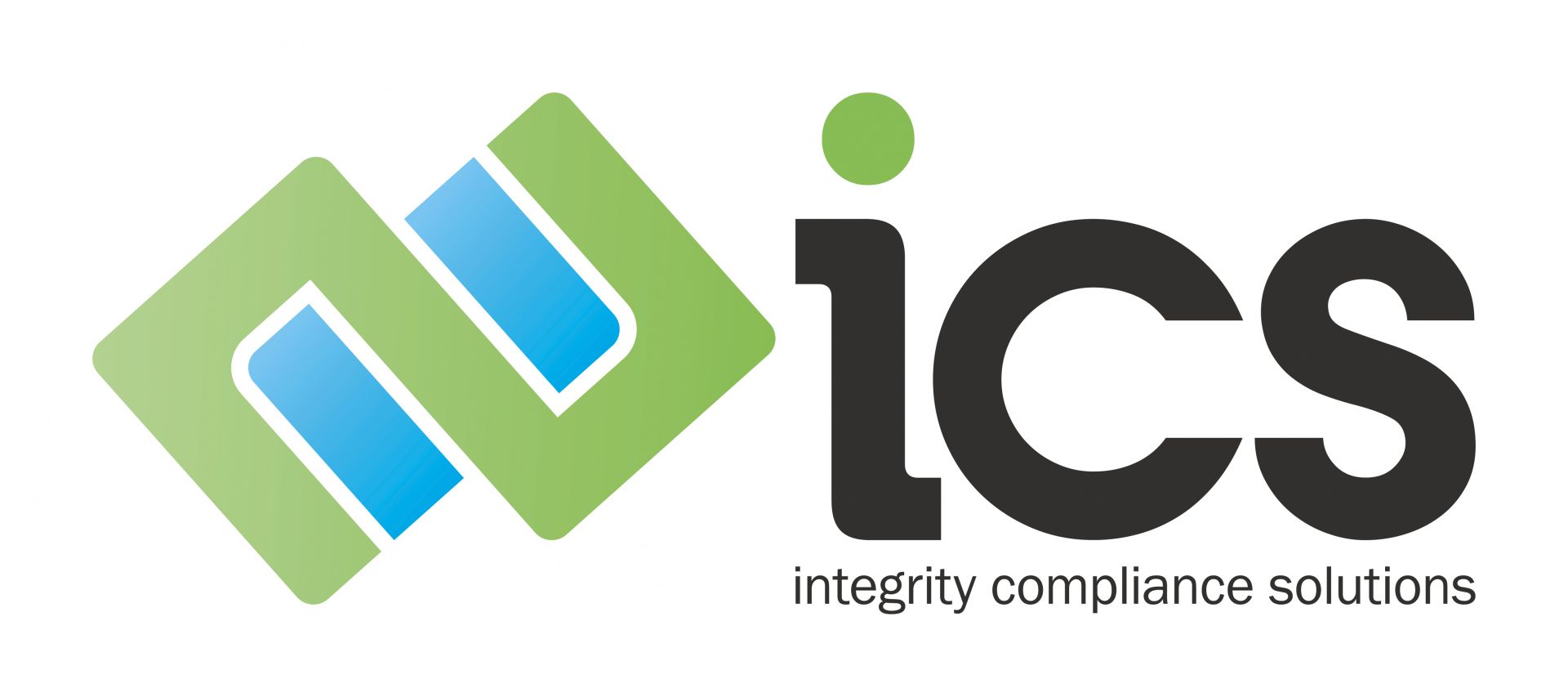Join today
Food Fraud Risk Assessment - Essentials
What you are going to learn
Food Fraud Risk Assessment Methodology - Essentials
Throughout this short course you will:
- Develop and undertake raw material food fraud vulnerability assessment.
- Rank raw material food fraud vulnerability assessments.
- Identify significant food fraud risks for your raw materials.
- Review raw material food fraud vulnerability assessments.
Course reviews
I found the course on Food Fraud awareness really interesting and engaging. I am now able to bring together slightly different perspectives and merge them to tackle the topic critically. Thanks to ICS!
Ibiaye Laurence
I couldn't recommend this course highly enough. It provides a deep understanding of the very important issues surrounding food fraud within the supply chain.
Lance Brendon
Clare Winkel
Director - Technical Solutions
MBA Distinction (Seafood Management), B.App.Sc (Biology), Diploma (Export Management)
[email protected]
MBA Distinction (Seafood Management), B.App.Sc (Biology), Diploma (Export Management)
[email protected]
Clare Winkel has been a dedicated professional in the food industry since 1987, with experience ranging from meat processing to roles in both Australian state & federal government departments. She has also worked as a private consultant & an international food safety auditor and trainer. Clare has conducted audits in 14 countries, assessing compliance with various GFSI standards, as well as retailer & fast food chain food safety standards across Europe, North America, the South Pacific, the Caribbean & ANZ. Her extensive sector experience includes meat processing, seafood processing (such as salmon & crabs in Alaska), farming, fresh produce, & the egg industry.
In 2016, Clare developed a food fraud risk assessment methodology, which has since been transformed into the Food Fraud Score card. This methodology has been utilized by companies in Australia, New Zealand, Canada, the USA, Trinidad, Jamaica & several South Pacific countries across diverse industry sectors. Clare has applied this method to perform over 800 raw material food fraud assessments in industries such as bakery, spices, dry goods, seafood, fresh produce, beverages, nuts & confectionery.
From 2006 to 2008, Clare participated in the European Union research project (STREPS no FP6-518451) with Wageningen University, TNO Quality of Life, the Federal Research Institute for Nutrition & Food, and University College Dublin. The project focused on developing a Stakeholders Guide to assess the vulnerability of food & feed chains to dangerous agents & substances. A key activity was creating a new risk assessment method to evaluate the supply chain of farmed Atlantic Salmon for food safety contaminant vulnerabilities. This included assessing traceability & documentation failures, as well as detecting contaminants. The project successfully identified several food fraud activities
